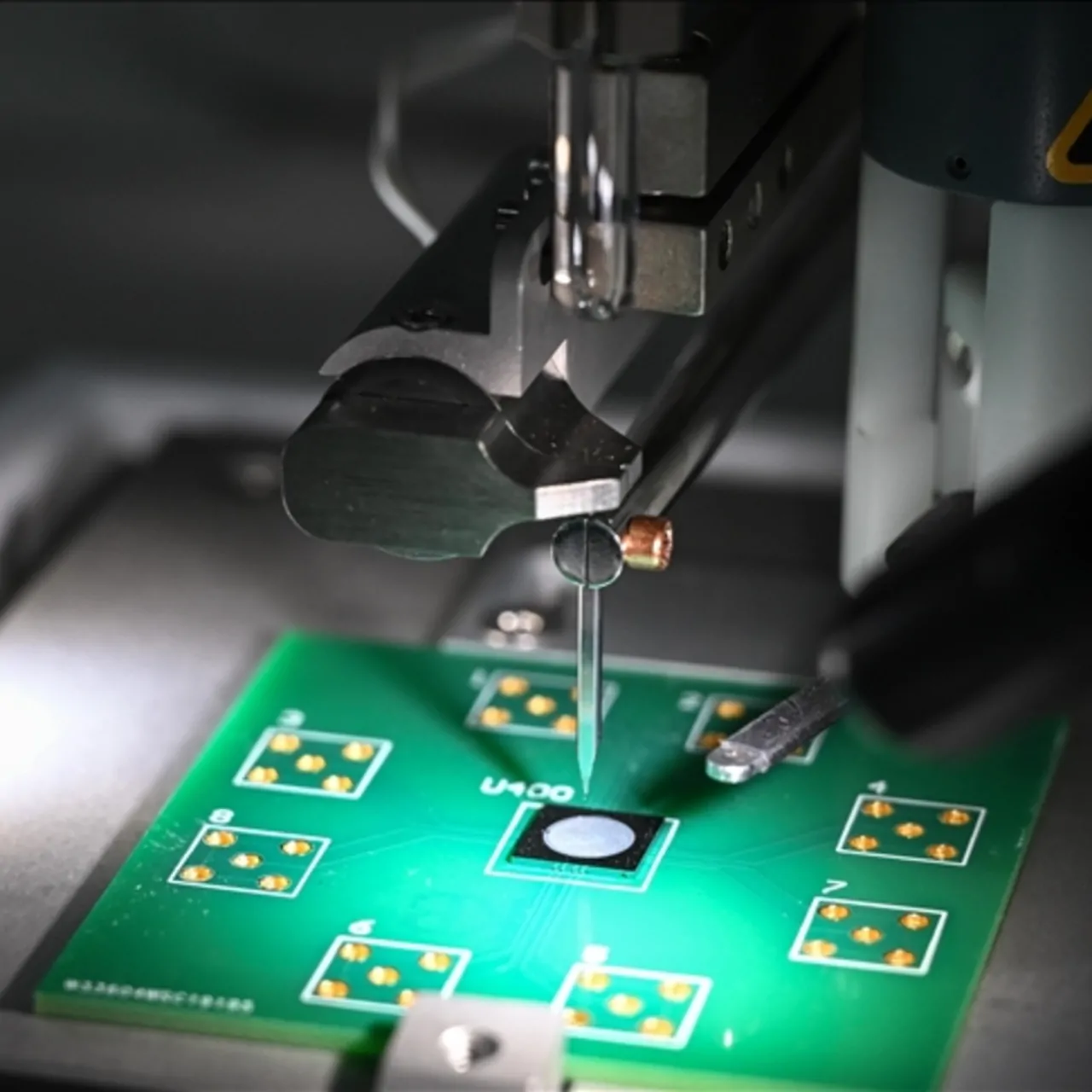METU Electrical and Electronics Engineering Department Lecturer Prof. Dr. Barış Bayram and Berre Vize, a research assistant in the same department, gave information about their project called “MEMS Neurostor”, which they developed at the university’s ULTRAMEMS Research Laboratory, which is also supported by the Ministry of Industry and Technology, the Council of Higher Education and TÜBİTAK.
Bayram stated that the patent application process of the “neuromorphic processor component device MEMS neuristor”, which they developed in 4 years and which enables electronic devices to process information similar to the human brain, is carried out by METU Technology Transfer Office.
Explaining that they started the project after observing in their literature research that there were similarities between brain cells and systems that provide high energy efficiency, Bayram said that the device is completely compatible with established production processes so that it can be quickly turned into a product by global companies.
Prof. Dr. Bayram said, “The human brain consumes approximately 25 watts of energy, and if we were to perform the operations of the human brain with the most up-to-date processor, this would be equal to 25 megawatts, meaning it consumes more energy.”
Stating that the most important point that ensures energy efficiency in the brain is the integration of the memory and processor unit, Bayram noted that computers have memory modules that hold information and processor structures that process information. Prof. Dr. Bayram continued as follows:
“Therefore, in computers, information constantly comes from the memory module to the processor, is processed here and goes back to the module. Since there is a constant information transfer, this both increases energy consumption and creates a delay. In the neuromorphic processor we developed here, the memory module and the processor are in the same structure. Therefore It can perform current operations with less energy. For example, we need to charge our mobile phones every day, but if the transistors (the system that controls the flow of current) are replaced with MEMS neuristors, then the mobile phone “We won’t need to charge our phone for 1 year.”
IMPORTANT GAIN IN TERMS OF ESTABLISHMENT OF PERSONAL DATA
Prof. Dr. Bayram explained that people use their mobile phones very actively, their transactions are shared with servers in other countries due to the insufficient processors in the phones, and as a result, risks arise in the protection of personal data.
Bayram stated that if MEMS neuristors are included in mobile phones in the future, energy consumption will be reduced to a minimum and phone operations can be carried out locally with its own capacity, without sharing with servers in other countries, and stated that this will also be a very important gain in terms of protection of personal data.
Bayram stated that energy consumption is high due to the use of transistor-based hardware in current artificial intelligence systems and said:
“Cooling, for example, in the server centers established by Google, is a huge problem because their energy consumption is high. That’s why they usually install them in the sea, they say let’s cool them with sea water. However, if we build these servers with neuromorphic processors, that is, with our system using MEMS neuristors, we will do this not in the sea, We can even install it in the desert, because there will be no such thing as a heating problem. Due to the reduction of energy consumption and increased performance, the warming of the world will decrease and there will be no need to cut down trees, it will be more environmentally friendly. “We can call it a technology.”
MEETINGS WILL BE HELD WITH THE WORLD’S LEADING COMPANIES
Bayram said that they foresee that there will be a revolution not only in Turkey but also around the world with the local and national MEMS neurostor invention, and that they will contact companies working in the field of global neuromorphic processors on this subject.
Prof. Dr. Barış Bayram said, “We will hold these negotiations with Analog Devices, HP, IBM, NVIDIA, Amazon and Google. But this is a starting point, so we can say the first seed. Because this is the first MEMS neuristor in the world. There are neuristors, but they use complex materials and take a long time.” “They cannot show features that can be used at an industrial level in long-term use.” he said.
“WE WILL WORK TO CARRY OUR COUNTRY TO A LEADING POSITION”
METU Electrical and Electronics Engineering Department Research Assistant Berre Vize also said that existing devices have not yet reached the required level in areas such as “reliability, industrial use and compatibility with existing integrated semiconductor microfabrication processes”, and that they can meet the needs in these areas with the MEMS neuristor device they have introduced for the first time.
Berre Vize said, “MEMS neurosensor has the potential to revolutionize various industries, including healthcare, finance and transportation, by providing faster and more efficient artificial intelligence computing systems. Although we are just at the beginning of the global neuromorphic processors revolution, our country has become a pioneer and leader in this field with our local and national invention.” “We will work harder to contribute to its achievement,” he said.

